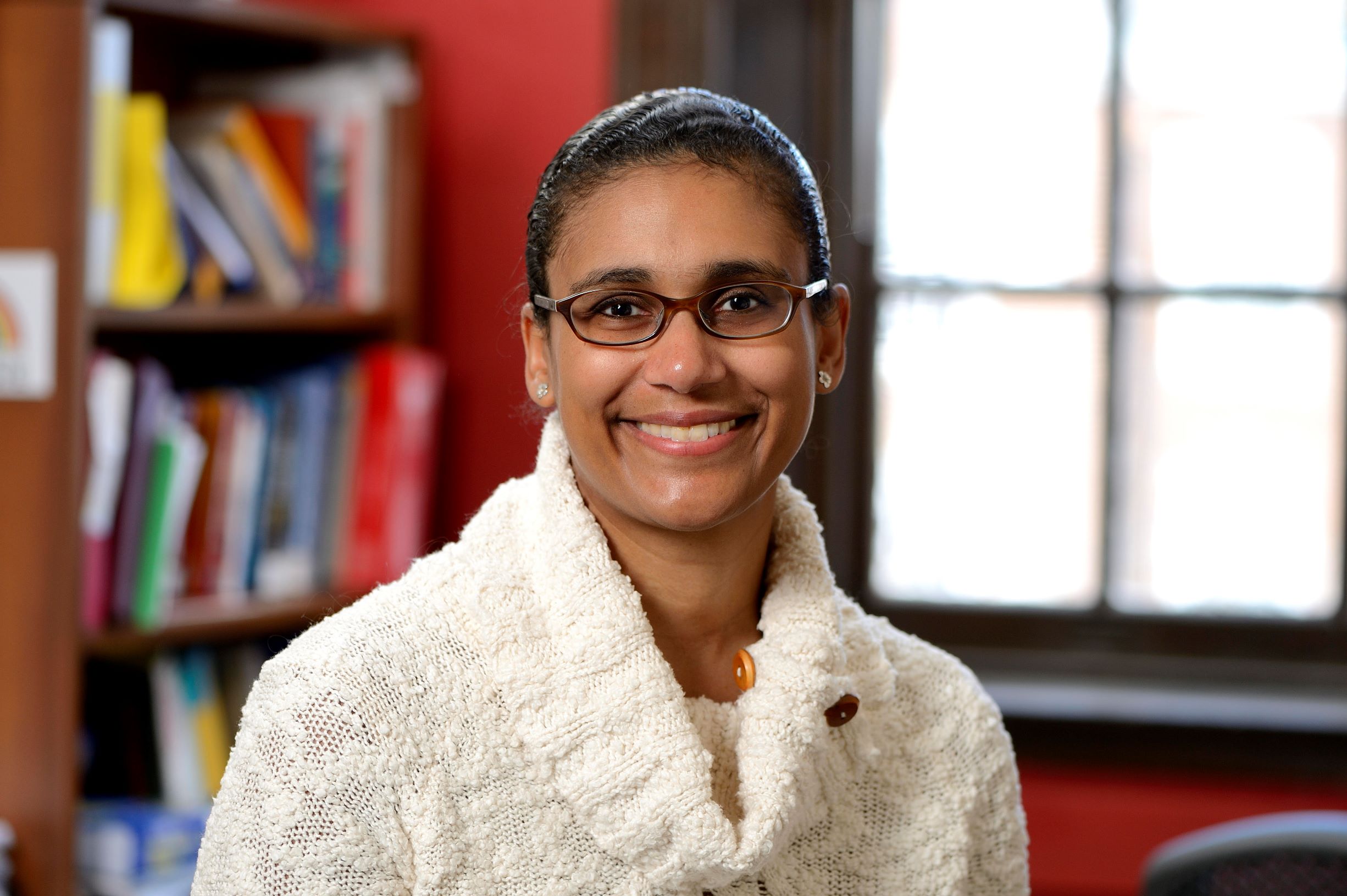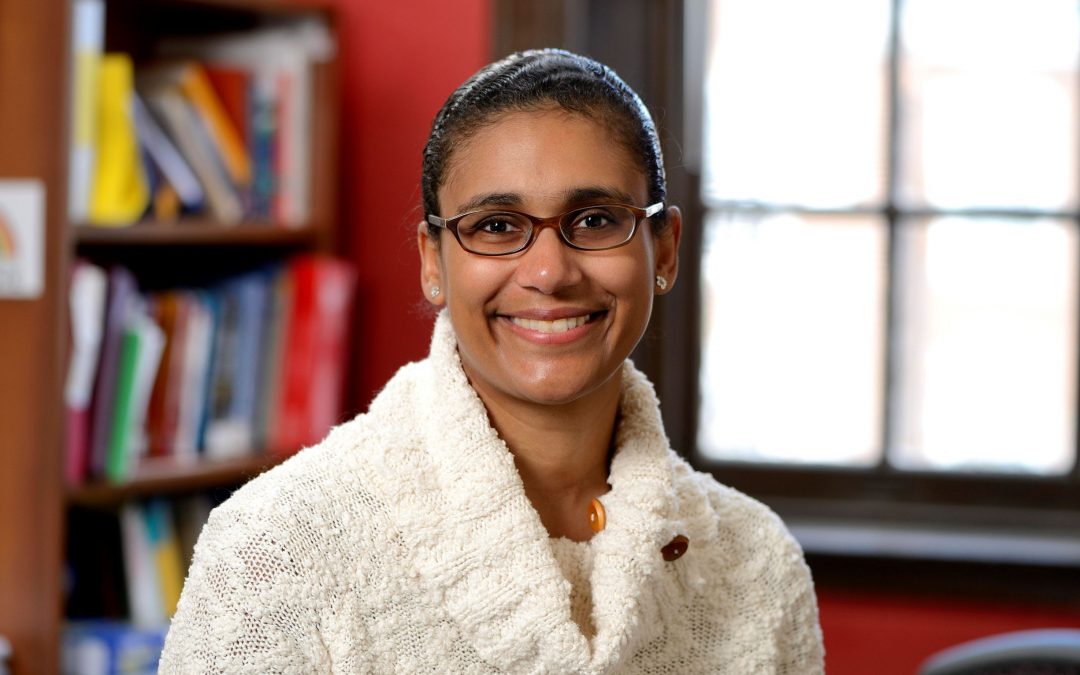
Abstract: Traditional wind farm modeling and control strategies focus in layout design and maximizing wind power output. However, transitioning into the role of a major power system supplier necessitates new models and control designs that enable wind farms to provide the grid services that are often required of conventional generators. This talk introduces a model-based wind farm control approach for tracking a time-varying power signal, such as a power grid frequency regulation command. The underlying time-varying wake model extends commonly used static models to account for wake advection and lateral wake interactions. We perform numerical studies of the controlled wind farm using a large eddy simulation (LES) with actuator disks as a wind farm model. Our results show that embedding this type of dynamic wake model within a model-based receding horizon control framework leads to a controlled wind farm that qualifies to participate in markets for correcting short-term imbalances in active power generation and load on the power grid (frequency regulation). Accounting for the aerodynamic interactions between turbines within the proposed control strategy yields large increases in efficiency over prevailing approaches by achieving commensurate up-regulation with smaller derates (reductions in wind farm power set points). This potential for derate reduction has important economic implications because smaller derates directly correspond to reductions in the loss of bulk power revenue associated with participating in regulation markets.
Biosketch: Professor Dennice Gayme is an associate professor of mechanical engineering and the Carol Croft Linde Faculty Scholar. Her research focuses on modeling, analysis, and control for spatially distributed and large-scale networked systems. Her lab utilizes computational and theoretical methods from applied mathematics, dynamics, controls, optimization, and fluid mechanics. Current applications of her work include wall-bounded turbulent flows, electric power grids, and vehicular networks. She also models turbulence in wind farms and methods for integrating renewable energy sources onto the grid. She received a CAREER Award from the National Science Foundation in 2017, the Office of Naval Research’s prestigious 2017 Young Investigator Program award and a Johns Hopkins Catalyst Award in 2015.
Prof. Gayme serves as associate editor for the journal Operations Research. She is a senior member of the Institute for Electrical and Electronic Engineers (IEEE), and member of a variety of technical organizations, including the American Physical Society (APS), the Society of Industrial and Applied Mathematics (SIAM) and the American Society of Mechanical Engineers (ASME). She is also the faculty representative for the Johns Hopkins undergraduate chapter of the Society of Women Engineers (SWE). Prof. Gayme received a bachelor’s degree in mechanical engineering and society from McMaster University in Ontario in 1997 and an MS from the University of California at Berkeley in 1998. She went on to earn a PhD in control and dynamical systems from California Institute of Technology in 2010, where she stayed to work as a postdoctoral fellow. Prior to earning her doctorate, she was as a senior research scientist for Honeywell Laboratories in Minneapolis.
Date/Time:
Date(s) - Oct 25, 2019
11:00 am - 12:00 pm
Location:
38-138 Engineering IV
420 Westwood Plaza Los Angeles CA 90095

